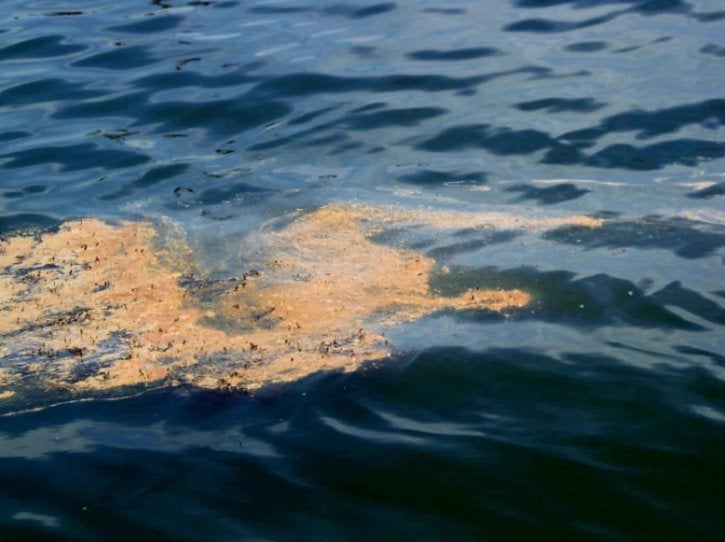Information from the National Marine Fisheries Service, together with information from fishing industry representatives will be used to expand an existing agent-based simulation model of the West Florida Shelf to the entire Gulf of Mexico. The expanded model will evaluate post-spill decisions made by fishers, the factors that most heavily influenced those decisions, and whether the change was short-term (lasting only during the closures) or long-term (permanently altering their fishing behavior).
The model will help predict the spatial patterns of fishing effort, catch, and abundance for fleets and marine species under various scenarios, including oil spill events. Commercial fishers must report their activities to the National Marine Fisheries Service for the purpose of stock assessment. The researchers will use their model to determine if the data point from the spill year (2010) was somehow skewed by the many changes from the oil spill. The improved model will not only help characterize the spill’s impacts on fishing communities, but also provide valuable lessons learned about how agencies can best respond to such events. The research addresses how the natural and human systems in the Gulf of Mexico are inextricably coupled, and thus how the effect on one component of the system influences the other components, and vice versa.
Principal Investigator
Steven Saul
Funding agency: Gulf of Mexico Research Initiative (GoMRI)
Date: 1/1/2016 – 12/31/2018
Amount: $971,900
